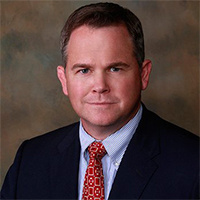 Menlo Park Felony Lawyers, California
Menlo Park Felony Lawyers, California
Sponsored Law Firm
-
 x
x

Click For More Info:
-
Law Office of James Dal Bon
95 S Market St 3rd Fl San Jose, CA 95113 » view mapSanta Monica Employment Law Employment Representation
The Law Offices of James Dal Bon are poised to help during this difficult time, call today and speak with an Attorney right away.
800-913-2581  James Dal Bon San Jose, CA
James Dal Bon San Jose, CAAttorney At Law - CA, 1992
University of San Francisco, J.D. - 1991
 Frequently Asked Questions
Frequently Asked QuestionsEnter text from site here
 Contact UsEmail or Call 24/7
Contact UsEmail or Call 24/7Call today for your initial consultation.
Sponsored Lawyers
1-3 of 3 matches
Criminal, DUI-DWI, Felony, Immigration, Misdemeanor
The Law Offices of Robert G. Cummings is devoted to the defense of individuals and entities charged with or facing criminal prosecution. Mr. Cummings believes in high quality, aggressive representation and pays close attention to his client's needs. He has vast experience and has handled a wide variety of cases ranging from homicides to traffic infractions. In the words of one California Superior Court Judge, "Mr. Cummings is an extremely able and dedicated attorney who has the ability to accomplish a wide range of tasks in a high pressure environment exceptionally well." The firm represents individuals and entities in all criminal cases in the Bay Area including San Mateo, Santa Clara, San Francisco, Alameda, Contra Costa, Santa Cruz, Marin, Sonoma, Napa and Solano counties. If you or a loved one are under investigation for or charged with a crime, contact the Law Offices of Robert G. Cummings. Your initial consultation is free.
(more)



 Frequently Asked Questions
Frequently Asked Questions Contact UsEmail or Call 24/7
Contact UsEmail or Call 24/7


